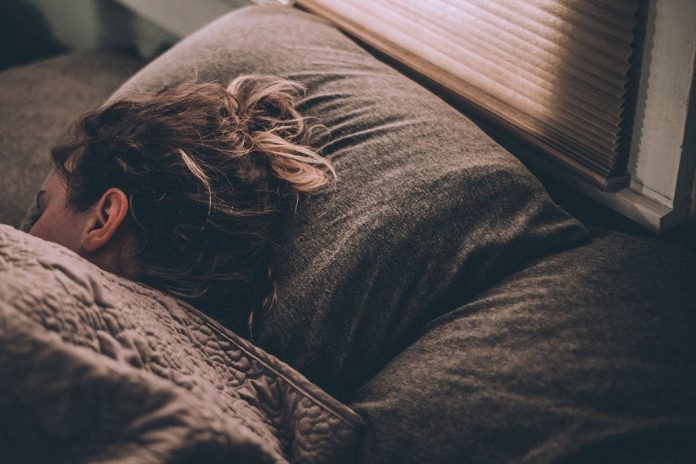According to the National Sleep Foundation it is a myth that the older we get the less sleep we need. The NSF suggests that 7 to 8 hours of sleep a night is necessary for ages 65 years and older to maintain optimal health. For older adults a good night’s sleep is extremely important because it helps improve concentration and memory. Sleep allows your body to repair any cell damage that occurred during the day, improves your immune system and helps to prevent disease. Many doctors use sleep as a barometer of a person’s health. Older adults who don’t sleep well are more likely to suffer from depression, attention and memory problems as well as excessive daytime sleepiness.
A recent finding from the NSF showed a correlation between lack of sleep and Alzheimer’s disease. Beta amyloid is a protein that our body produces normally. In a healthy brain these protein fragments are broken down and eliminated during a good night sleep. Without proper rest the protein does not break down but becomes a hard plaque. The accumulation of this plaque has been linked to the memory loss of Alzheimer’s disease. As we age our bodies produce lower growth hormone levels decreasing out deep sleep and replacing it with fragmented sleep with increasing wake time during the night. Our body’s circadian rhythm (our internal clock) changes as we grow older wanting us to go to sleep earlier in the evening and waking up earlier in the morning. Insomnia is a common complaint among the elderly. There are 2 types of insomnia, primary and secondary. More than 8 out of 10 people according to the NSF suffer from secondary insomnia.
Secondary insomnia is a symptom or side effect of some other problem. Insomnia is not only the inability to fall asleep but also being able to stay asleep through out the night. There are many reasons we have trouble sleeping as we get older; pain, illnesses, medicines and our sleep environment to name a few. These are examples of secondary insomnia. Primary Insomnia is not a side effect of medicines or a medical problem but a disorder that generally persists for 1 month or longer. Examples of primary insomnia are sleep apnea, restless leg syndrome and narcolepsy. It is important to talk to your doctor if you are experiencing either secondary or primary insomnia. Many drugs can cause sleep disruptions including antidepressants, decongestants, corticosteroids and bronchodilators.
A medication adjustment might be needed in order to maintain a good night’s sleep. On the flip side lack of medication for pain from arthritis or other diseases can rob you of a good night’s rest. Sleep medications are not a good choice for insomnia. The FDA has asked manufacturers of certain sleep medicines to put stronger warning labels on their products. Even over the counter sleep medicines can cause severe allergic reactions and dangerous sleep-related behaviors, including sleep-eating and sleep-driving. If you find yourself awake in the middle of the night and can not fall back to sleep in 15 min, you should get out of bed, go to another room and engage in a relaxing activity like reading. Avoid watching the clock. Go back to bed when you feel tired again. If need be take a short nap during the day to make up for the lack of sleep. A recent study in the journal Sleep examined the benefits of naps.
The results showed that a 10 minute nap produced the most benefit in terms of reduced sleepiness and improved cognitive performance. A nap lasting 30 minutes or longer is more likely to cause grogginess. Many famous people believed strongly in the art of napping; Winston Churchill, John F. Kennedy, Ronald Reagan, Napoleon, Albert Einstein, Thomas Edison and George W. Bush are known to have valued an afternoon nap.








